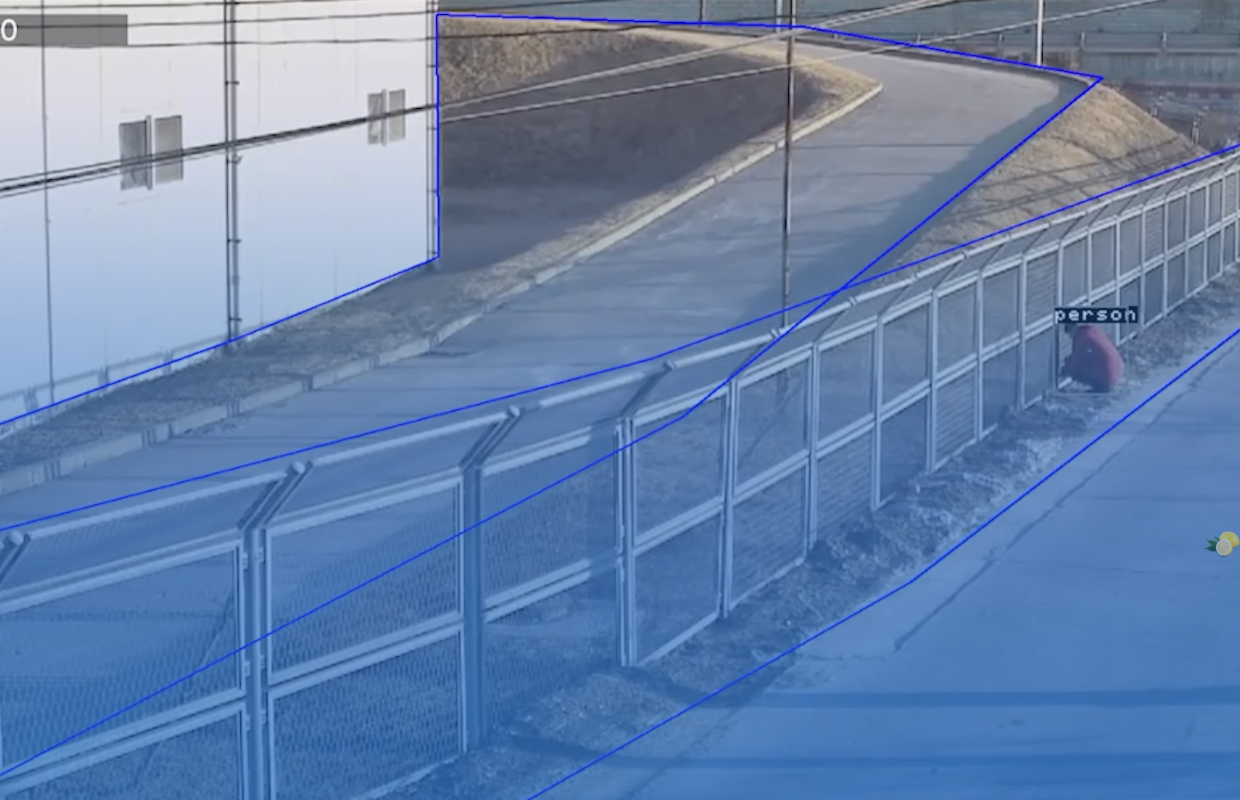AI
•
September 2023
June 2025
Navigating the Future: How AI is Shaping Smart Parking Solutions Today
In today’s urban landscape, efficient parking management is a pressing challenge due to rising vehicle counts and limited space. Smart parking solutions are changing how cities, businesses, and drivers interact with parking facilities, offering advanced technology for improved convenience, security, and efficiency. Artificial intelligence (AI) is central to these innovations, which power much of the automation and insight in modern smart parking systems.
Evolution of Smart Parking
Traditionally, parking management relied on manual monitoring, payment booths, and ticketing. These approaches often led to congestion, inefficiencies, and frustration. Modern smart parking addresses these pain points by integrating IoT sensors, high-definition cameras, cloud computing, and, most notably, AI-driven analytics.
Key Trends in Smart Parking
- AI-Based Computer Vision Analytics
- AI-driven image recognition solutions are at the forefront of smart parking. Cameras equipped with computer vision and deep learning algorithms detect parking space occupancy, identify vehicle types, and even monitor parking violations in real time. This enables automated space management, efficient law enforcement, and accurate availability reporting.
- Integration of IoT Sensors
- Wireless ground sensors and overhead sensors communicate space occupancy instantly. When paired with AI analytics, these data points help predict parking patterns, optimize driver guidance, and support dynamic pricing strategies.
- License Plate Recognition (LPR/ANPR)
- AI-powered LPR systems automate both access control and ticketless payment. By reading license plates as vehicles enter and exit, these systems support contactless transacting, bolster security, and reduce human resource requirements.
- Mobile and Cloud-Based Solutions
- Unified apps now provide real-time availability, reservations, payment processing, and navigation. Cloud platforms allow parking operators to monitor and control multiple facilities remotely, while data analytics support smart planning and predictive maintenance.
- Sustainability and Traffic Reduction
- Smart parking aims to reduce congestion—drivers can quickly find available spaces using app-guided navigation, cutting emissions and lowering urban traffic. AI further supports sustainable practices by integrating with electric vehicle (EV) charging management and prioritizing space for eco-friendly vehicles.
- Data-Driven Decision Making
- AI continuously analyzes occupancy, turnover, and user patterns, helping operators make informed decisions about layout, pricing, and resource allocation. Dashboards and reporting tools also help city planners adapt the parking supply to meet demand.
The Role of AI: From Automation to Prediction
AI’s most significant impact is in transforming simple automation into predictive, intelligent management:
- Real-Time Monitoring: AI analyzes video and sensor feeds, updating occupancy status instantly and flagging anomalies.
- Predictive Analytics: Machine learning algorithms forecast demand surges and recommend pricing or resource allocation adjustments.
- Personalized User Experience: AI-driven systems recommend the best available spaces, suggest optimal times, or reserve spots based on user history.
- Enhanced Security: AI can recognize suspicious patterns (e.g., repeated entry/exit) and automate alerts for security staff.
The ZNS-CVA-SMP-1, Ganz Security’s add-on module for CORTROL VMS, is a license plate recognition (LPR)-based vehicle parking management system designed to streamline urban parking management through intelligent technology. This advanced computational neural network engine provides AI analytics to any camera in your system. By utilizing computer vision and data analytics, this system enhances the efficiency of parking space utilization and optimizes the overall user experience.
It offers real-time monitoring of parking availability, allowing drivers to easily find open spaces. The CVA license also includes parking zones, multiple site management, vehicle access management, and parking occupancy monitoring, enabling operators to manage resources more effectively while reducing operational costs. With a focus on sustainability and user convenience, the Ganz Control Smart Parking CVA license represents a significant advancement in smart city infrastructure. For more information, go to ganzsecurity.com.
Conclusion
Smart parking is evolving rapidly, with AI providing the intelligence needed to make parking more efficient, seamless, and sustainable. From computer vision analytics to predictive modeling, AI ensures that parking is no longer an urban headache but an integrated, user-friendly service fit for the modern city.


.png)

